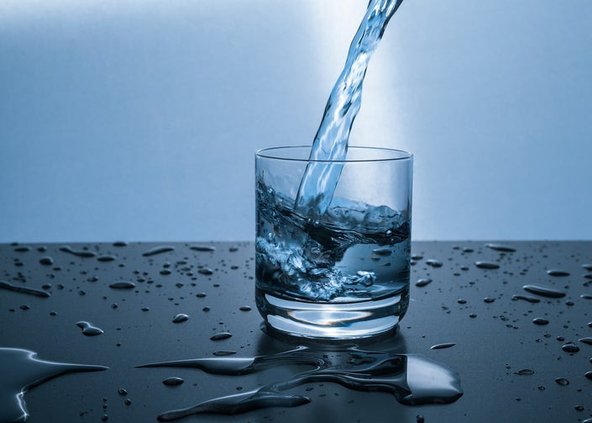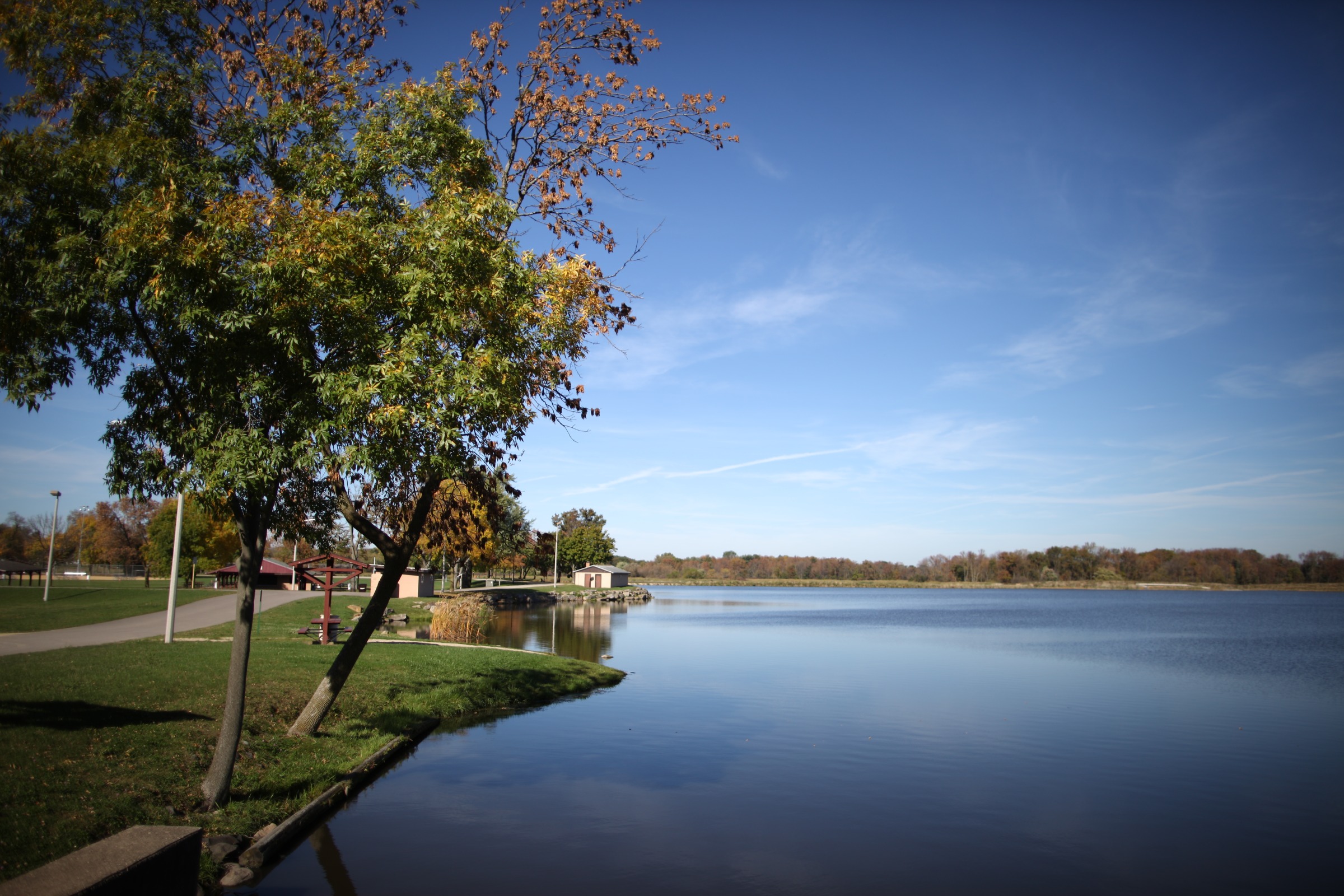Green County Annual Drinking Water Testing

Annual Drinking Water Testing in Green County

Improving Your Private Well Water Quality
The quality of your water matters. It’s important to ensure the quality meets current standards, and is safe to drink. Most people living in rural areas rely on private wells to supply their drinking water needs. While public and municipal wells are regulated to ensure water quality meets current drinking water standards, private well owners must assume the responsibility of testing and treating water to make sure it it safe.
Check out these documents for information on how to improve your private well water quality:
More Information & Resources
See the following sections for more water-related resources.
If you have questions, please contact Victoria Solomon at victoria.solomon@wisc.edu or 608-328-9440.
Testing Your Water
If you want to test your water in 2025, and did not participate during the 2025 annual drinking water testing program, you can get test kits through the Green County Health Department. Check out their website Green County Public Health – Water Testing for more information.
Information on Well Construction
How to Request a Copy of a DNR Well Constructor’s Report
There are a number of resources available from the Wisconsin Department of Natural Resources (DNR) on well construction reports. These resources are available online: WIsconsin DNR-Information for Private Well Owners and please note this is for private well owners only.
Care and Maintenance of Residential Septic Systems
The Care and Maintenance of Residential Septic Systems.pdf (4pgs) document is helpful in understanding residential septic systems and how to properly maintain them.
Wisconsin Well Construction Reports
For an online database of well construction reports in Wisconsin, view the Wisconsin Well Construction Reports.
You and Your Well
This You and Your Well.pdf (4pgs) publication by the Wisconsin Department of Natural Resources provides information about well construction in Wisconsin. It is helpful for people who are considering building a new home or replacing or upgrading an existing water supply.
Results from Past Years’ Annual Drinking Water Testing
The following aggregated test results from the annual drinking water testing programs are below. Individual well results are not shared with anyone other than the well owner.
2025
2024
2022
2020
2017
2015
Questions? Contact:
- Jordyn Sattler, Regional Crops and Soils Educator, at (608) 328-9440 or jordyn.sattler@wisc.edu.
- Kevin Masarik, Groundwater Education Specialist, UW-Stevens Point & UW-Madison Division of Extension at (715)346-4276 or kmasarik@uwsp.edu.




